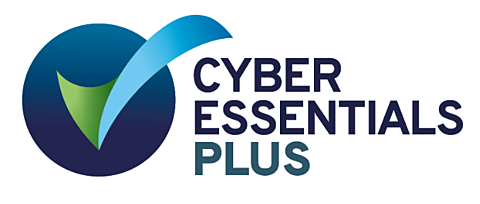Approaching Risk Management
13 Dec 2021
The challenge
Risk management had become “stale” and needed refreshing or so thought the Trustees’ risk committee at least. Consequently, Muse were commissioned to conduct an independent review of the Trustee Board’s risk management framework with a view to improving effectiveness.
The approach
Muse worked with the risk committee and the pensions team to understand the scheme’s approach to managing risk. Most importantly, we met with the Chair of each committee to discuss how the Trustee Board and each specific committee managed risk.
We discussed key themes from our findings in a Trustee risk workshop. To set the context, we shared how other similarly sized schemes manage risk and the processes and tools they use to do so.
We then considered what a fit-for-purpose risk governance framework might look like, incorporating selective delegation of risk management and the concept of risk owners. These ideas provided a useful template, against which the Trustees’ current framework was compared. The Trustees quickly concluded that their risk governance framework could be enhanced to become more effective.
Next, we debated how the Trustee Board could derive the maximum benefit from the time available in board meetings. There was an acceptance that significant time was allocated to matters that could be safely delegated to committees or the pensions team. The Board recognised that best utilisation of meeting time is critical if the Trustees are to maximise their governance impact.
In conclusion, the Trustees realised that to refresh their risk management process, they needed to address not just risk governance but their approach to broader scheme governance.
The outcome
To ensure the Trustee Board spends time on the right risks and prioritises issues effectively, it will first review its risk appetite and then agree its core strategic risks. The objective is to ensure risks are managed by the most appropriate “risk owners” (i.e. at the appropriate level).
The composition and roles of committees will be reviewed to ensure that focus is on the right things. The roles of other key players in the governance framework will be similarly reviewed.
Muse continues to work with the Trustees through participation in the working group charged with responsibility to recommend and oversee the implementation of changes to bring about enhanced effectiveness of both risk management and the broader governance framework.
Key learnings
- It is impossible to divorce risk management from other aspects of governance.
- Risk registers are an essential component of any effective risk management process, but the process can only be truly effective if it is owned and driven by experienced and engaged people.
- Trustee Boards should determine whether sufficient time is devoted to those issues that are critical to the achievement of core strategic objectives. That must include time spent identifying, analysing and monitoring risks that materially threaten the achievement of those objectives.


